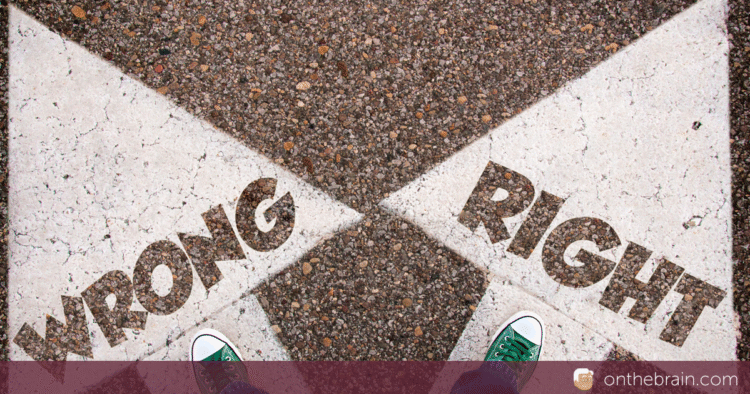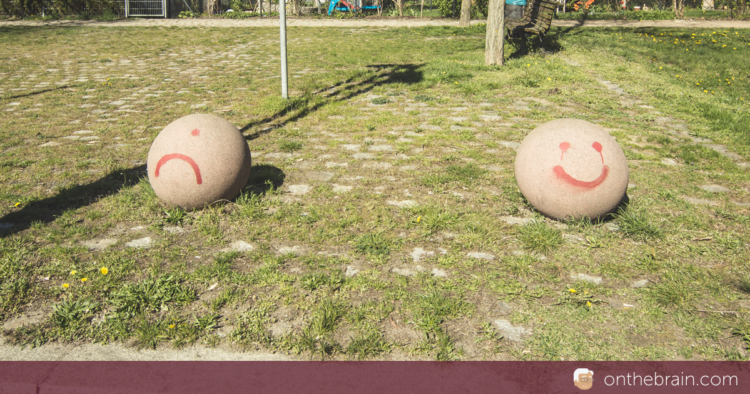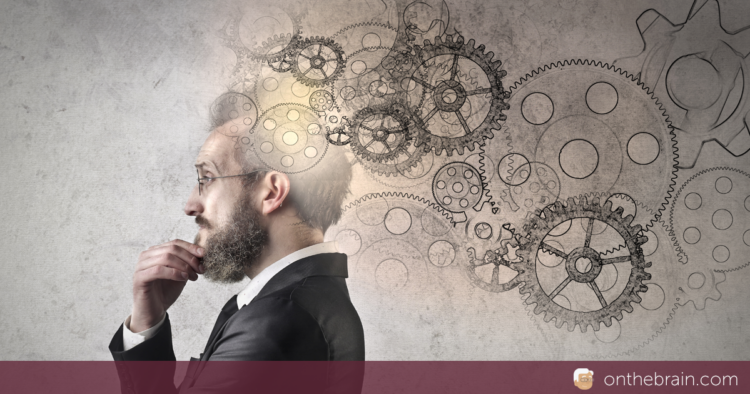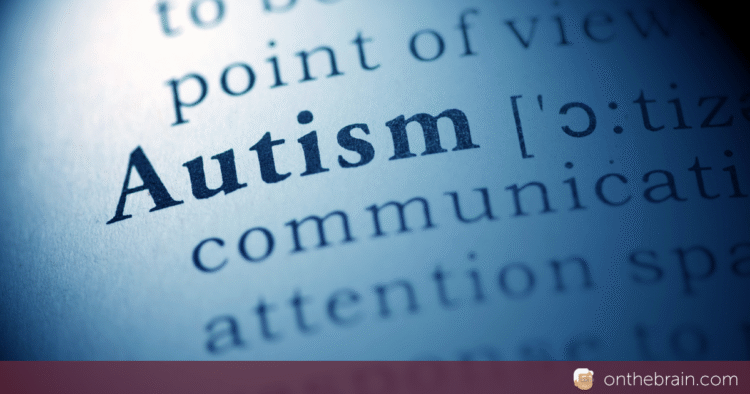The brain and the law, when Bobby goes bad
Each year I deliver a “guest lecture” in a medical ethics course at Stanford. My friend Bill Hurlbut, a member of the President’s Council on Bioethics, is the course director. The issues that I raise in this course were addressed in part by an interesting cover story in the March 11th New York Times Sunday…








